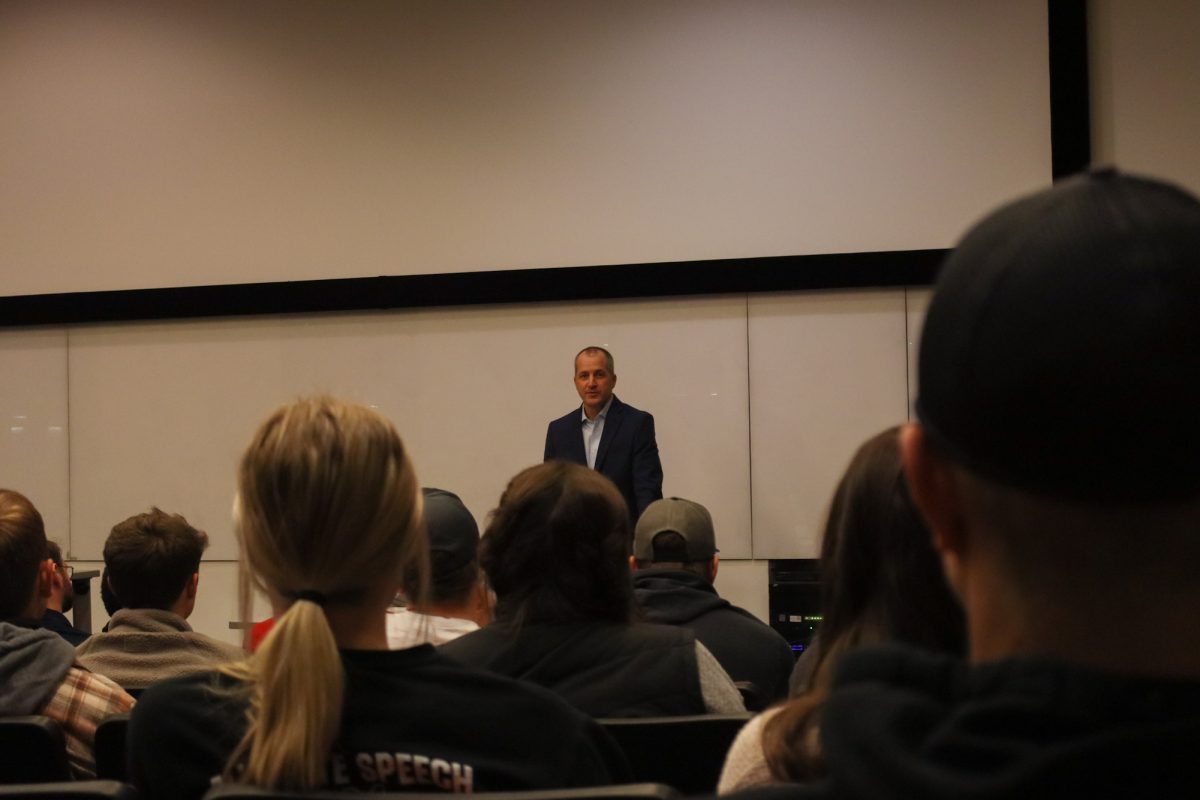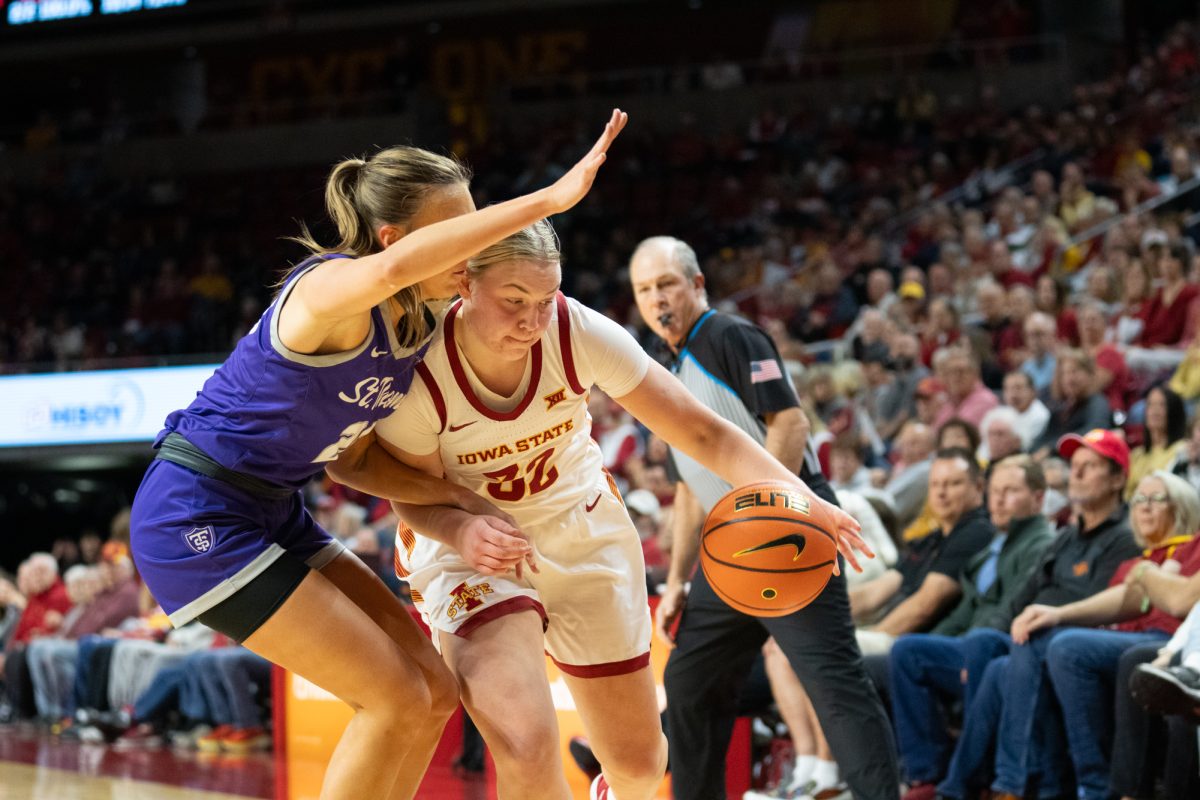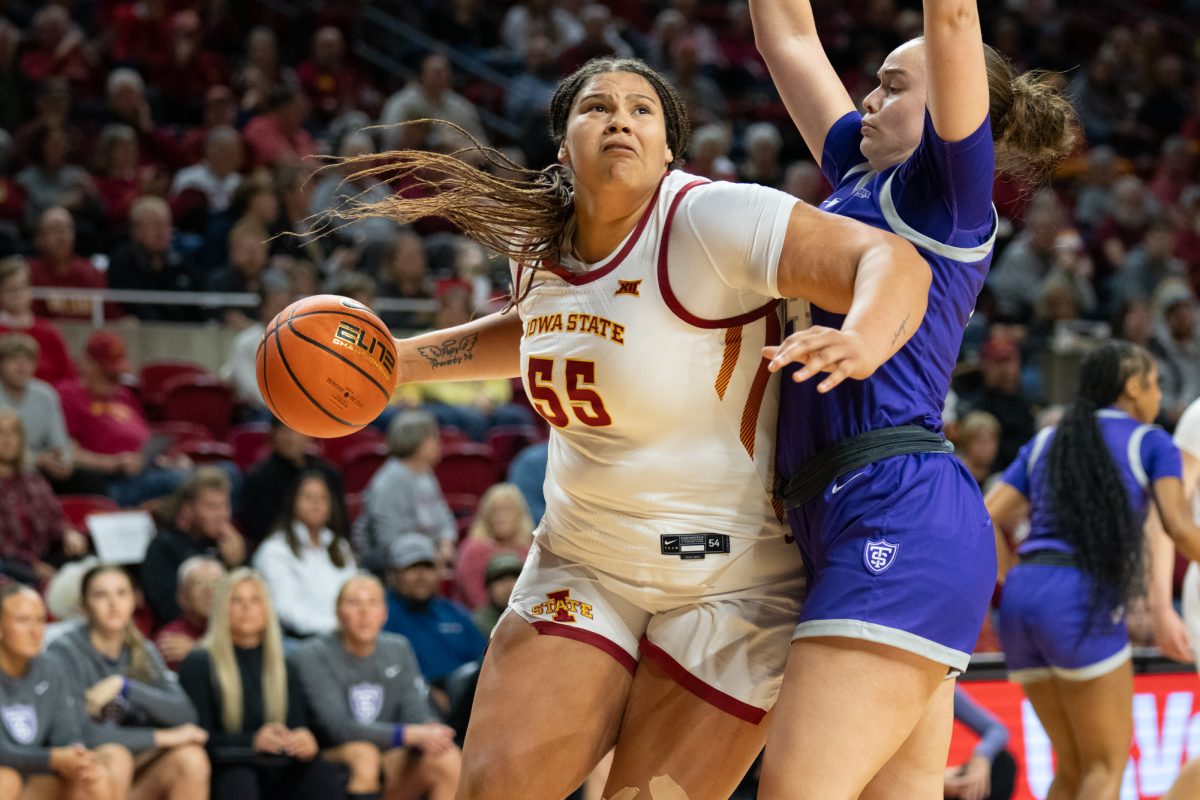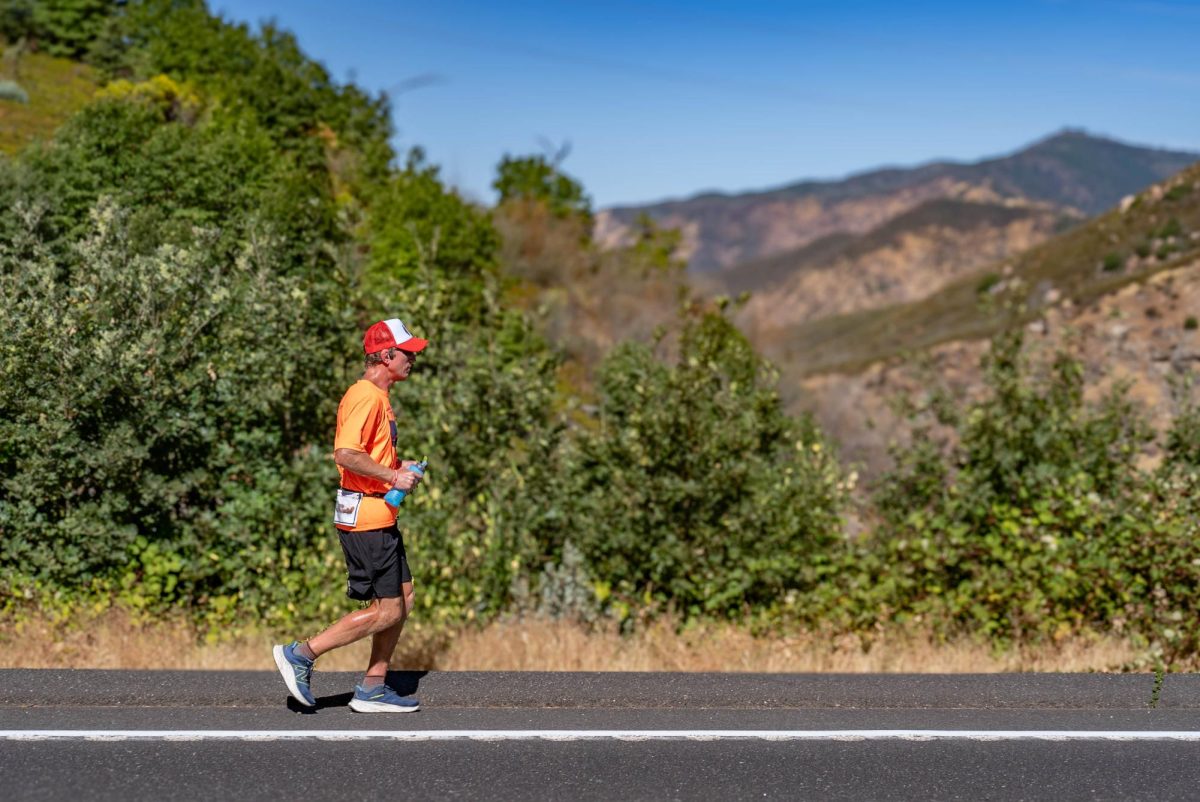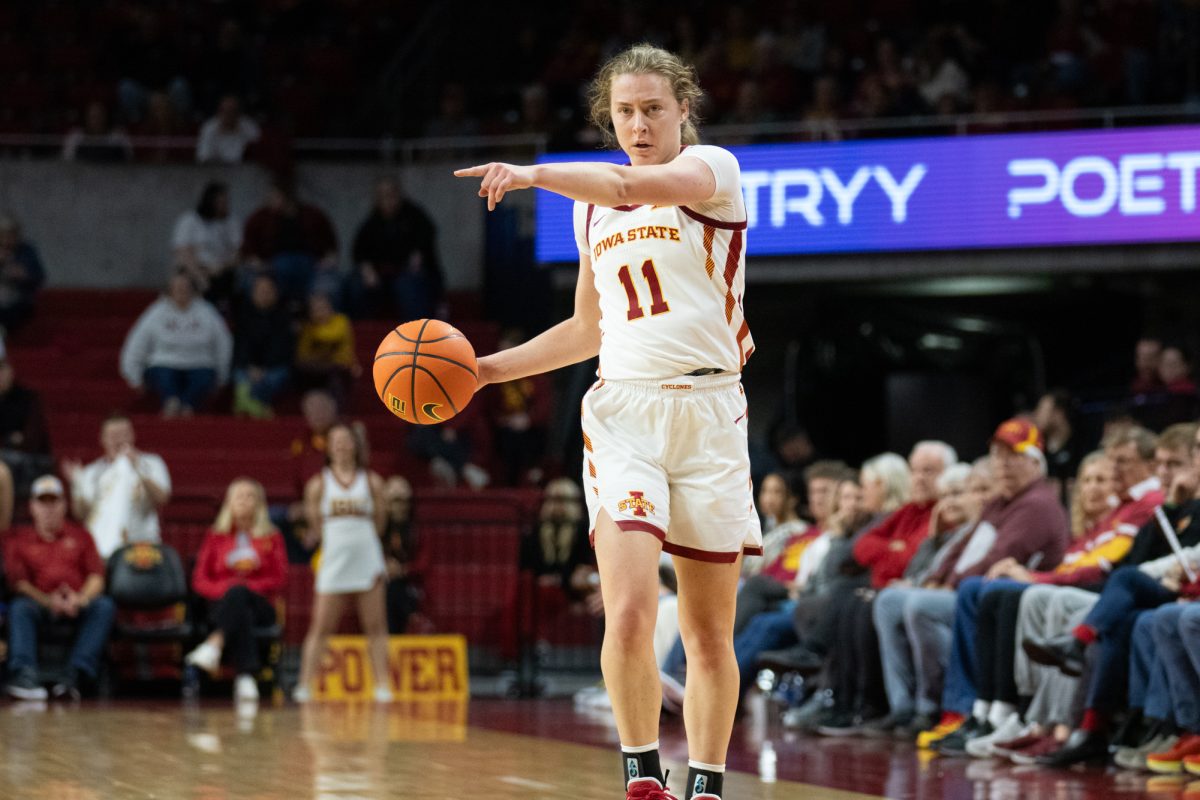Small towns need business to survive
August 29, 2001
Being from southern Iowa, I have heard people tell jokes about
people from Missouri and the southern two tiers of Iowa. Here’s a
joke for all those people – If we’re all so stupid because of our
geographic location, how is it that one of our own people managed
to scam almost $100 million from some Iowa banks and banks in
Kansas and Nebraska?
George Young, of Grant City, Missouri has apparently worked with
44 feedlots across the Midwest to feed cattle.
The problem is the same animals were sold to different investors
and then sold to packers like IBP.
Young had feedlots in Iowa as well, and one of them is shut down
now because of its involvement in the case. RioBaca Incorporated
of Grand River was shut down and now has people filing claims in
Decatur County District Court just to get their cattle back.
These are not just people from around RioBaca, these are
investors from eastern Iowa, Kansas and Nebraska. One man and
his business has changed the lives of many different families.
When something like this happens in a little town like Grand
River, a town with less people than your average lecture hall,
what’s going to stop it from happening in a bigger town? That little
town has families who are employees at RioBaca.
Other people work for them indirectly, like the truck driver who
hauls the finished cattle to the meat packing plants.
Those families are hurt by what has happened and now have to
rely on unemployment until the cases are settled.
There are also all of the other people who fed cattle out for Young.
They have lost some of their income and now have less to spend.
Little towns like Grand River all across the state depend on
businesses to survive. It may be a feedlot or a window factory, but
it helps people bring in some money to help keep the farm going.
Almost all of these little towns were started by farmers. Farming
isn’t any easy life; just ask any farmer or farm kid on campus. With
summers like we have had this summer and the summer before,
farmers have to get jobs off the farm just to make ends meet. For
the farmers affected by Young and his company, things look even
worse.
Now if those families have less money to spend, the businesses
around them start to suffer. The ball starts rolling downhill and
everybody will feel it sooner or later.
In the future, maybe something like the RioBaca fiasco won’t
happen because it will be easier to claim ownership on cattle with
electronic ear tags and other advancements. But that still doesn’t
solve the problem that is going on right now.
After you read this column and see where I am from, you will see
my hometown is Grand River, the same town where RioBaca is
located at. I know people who have worked there for years and
whose families depend on that income. I know because for eight
years my father worked there. So I watched and saw as another
source of income slipped away from a small town.
If it had not been for the window factory or the hog confinement,
would there still be a family farm for me? If it wasn’t for the little
businesses around all of the small towns, would there still be
farms or any families around those towns?
Little towns need businesses around just as much as the big
cities do. Those businesses help support families and also let
farmers keep farming which in turn feeds the businessman and
his family. It’s a chain that needs every link so that it can still hold
things together. Small agricultural communities need businesses
so that they can survive and the whole world needs agriculture.
Wesley Griffin is a senior in agricultural education from
Grand River.


